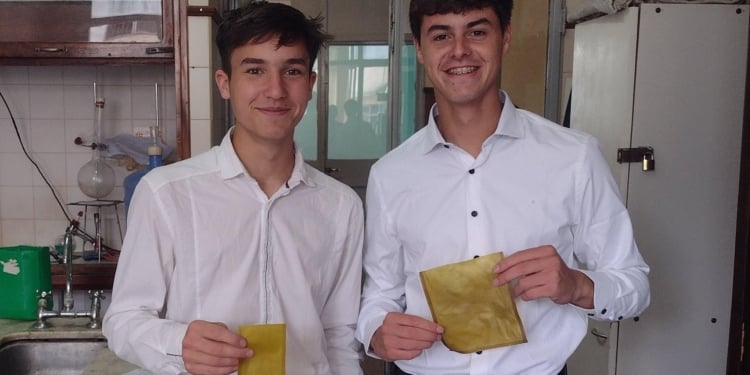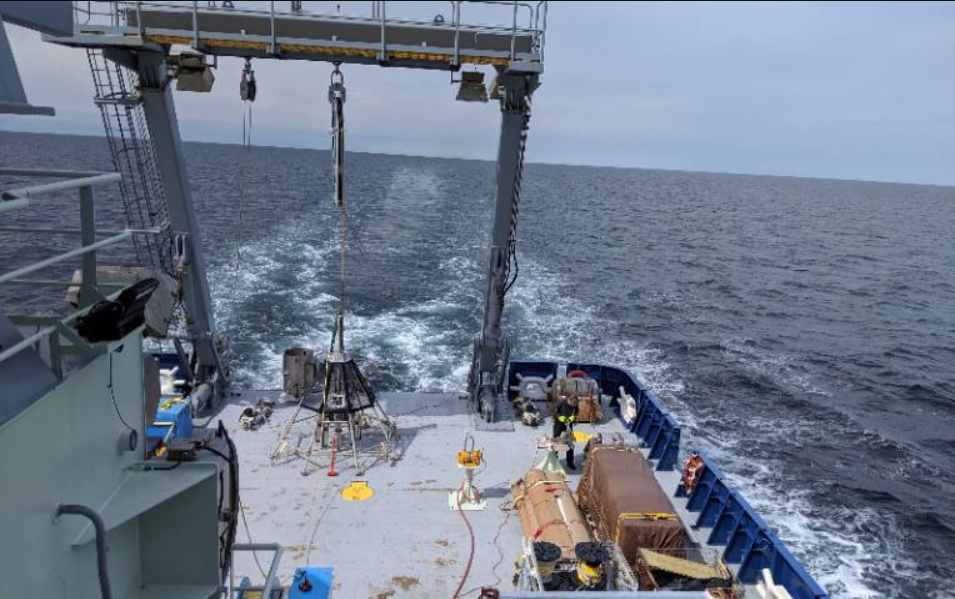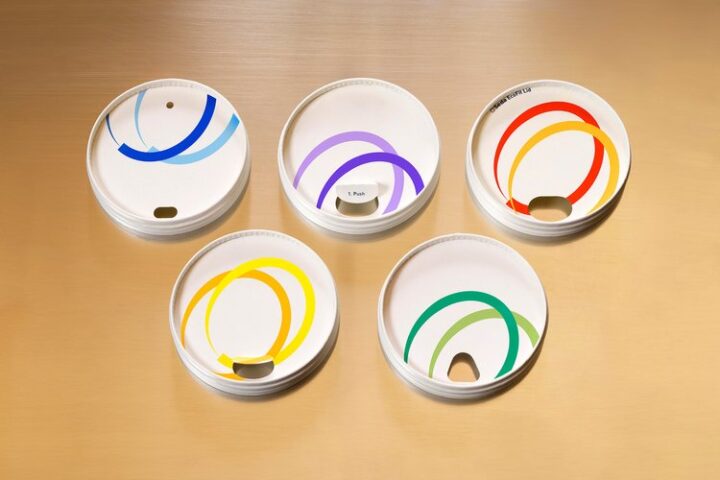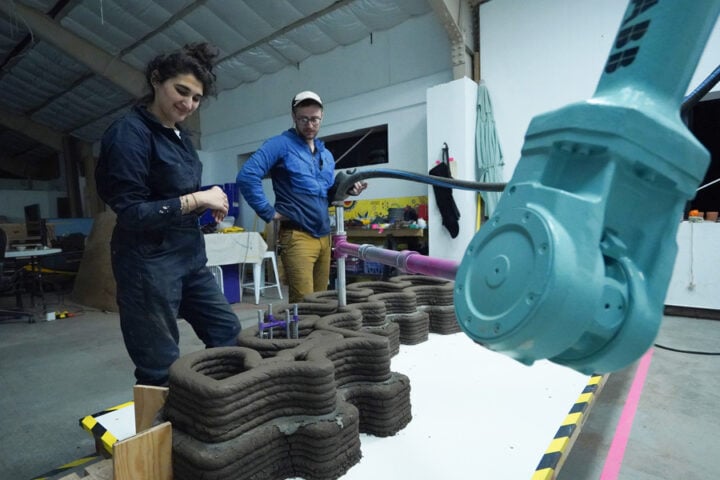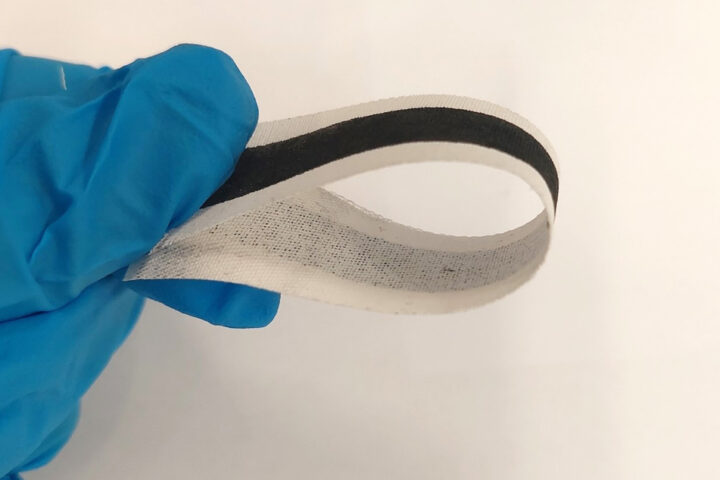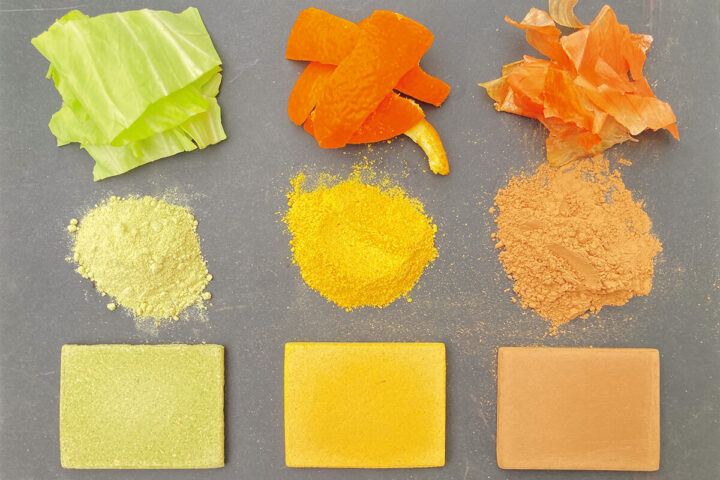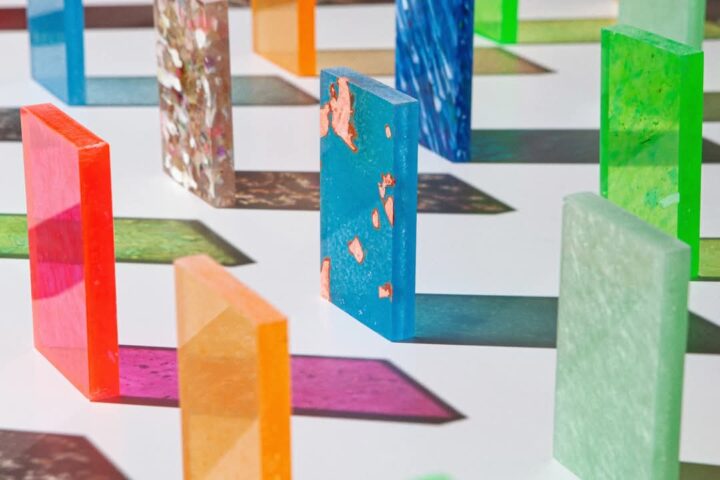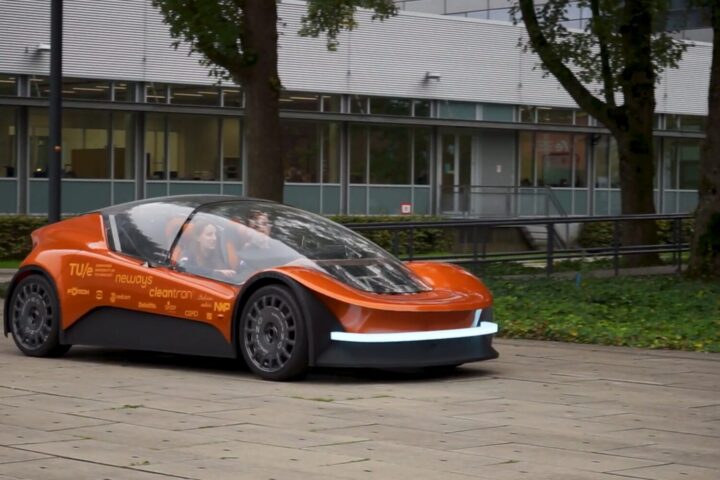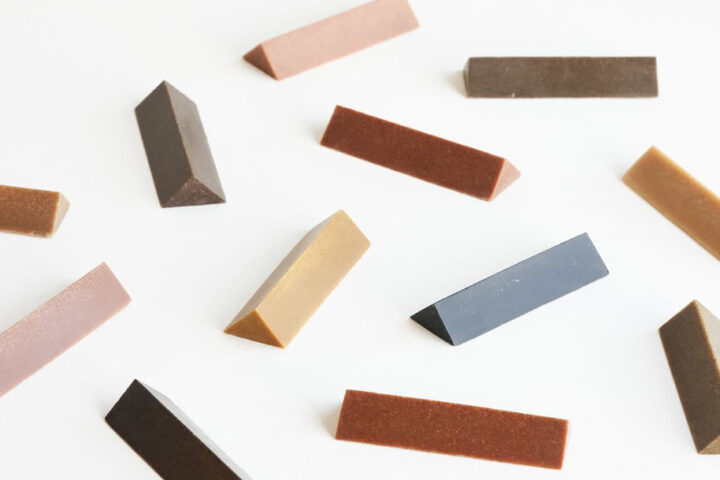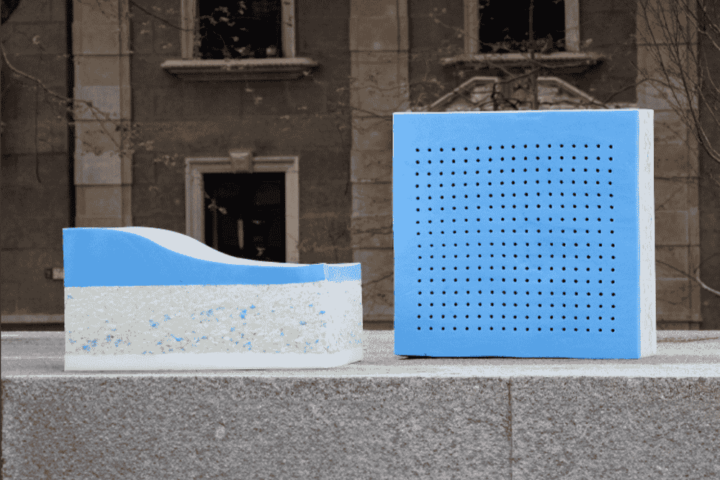Valentín Fravoli (22) and Alejandro Unchalo (21), students from Technical School No. 2 in Tandil, Argentina, developed Citricplas — biodegradable plastic bags made from citrus peels. This innovative project, set to hit the market by the end of 2024, aims to raise awareness about non-biodegradable plastics and environmental care.
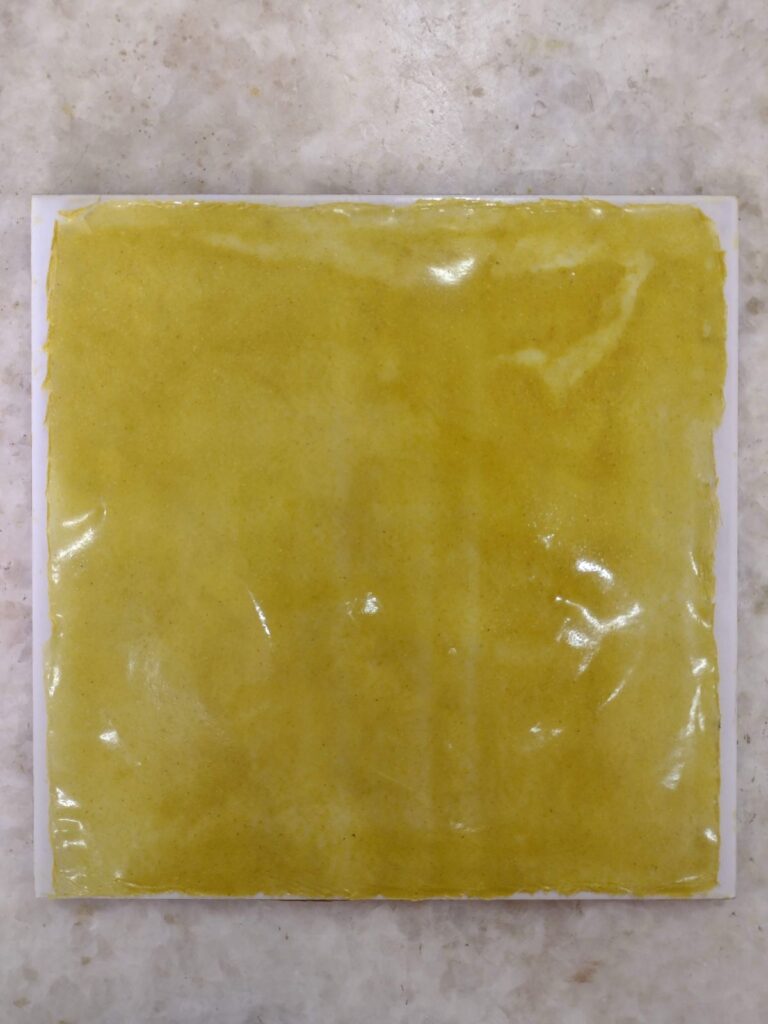
The Citricplas bags will initially target the agricultural industry for packaging seeds and fertilizers. Depending on soil conditions and humidity, they biodegrade in 15 to 30 days, contributing nutrients to the soil and boosting microbiological load. The creators plan to expand production for general consumer use, allowing anyone to return the bags to the earth after use.
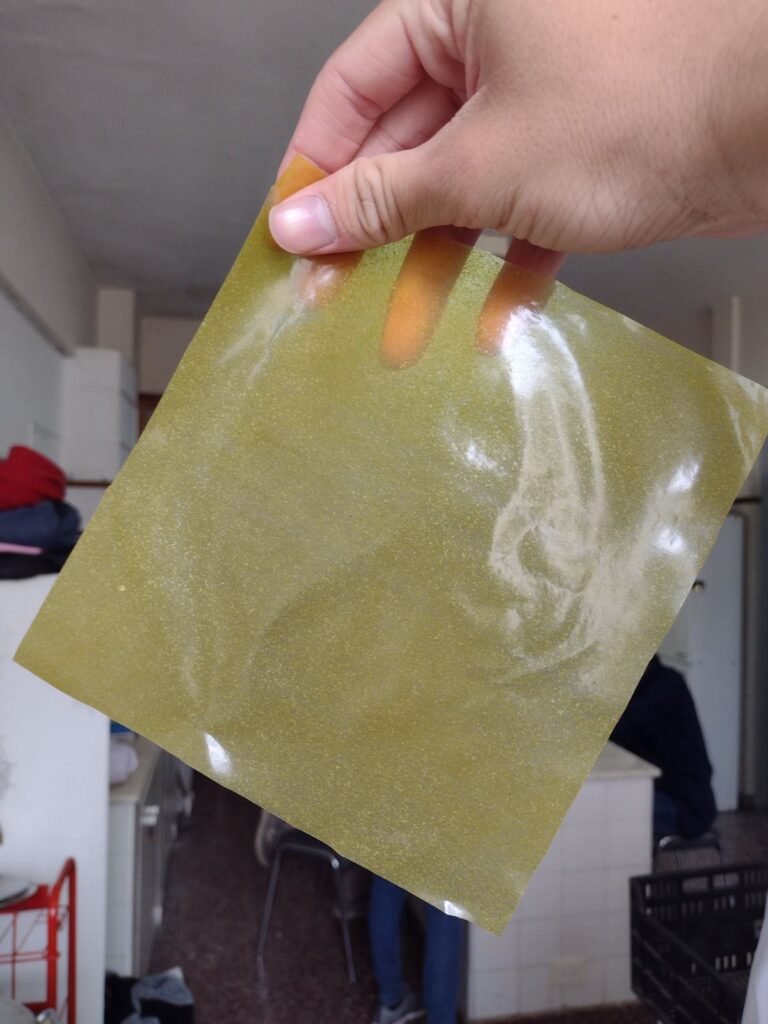
Circular Economy and Eco-Friendly Manufacturing in Argentina
The manufacturing process begins with citrus peels donated by jam producers and bitter fruits collected from Tandil’s downtown square and Yrigoyen Street. These are boiled for softening, mixed with gelling agents to form a resin, then “ironed” into thin sheets. After drying, the sheets are unfolded and heat-sealed to form bags. The entire process adheres to circular economy principles, generating no polluting waste.
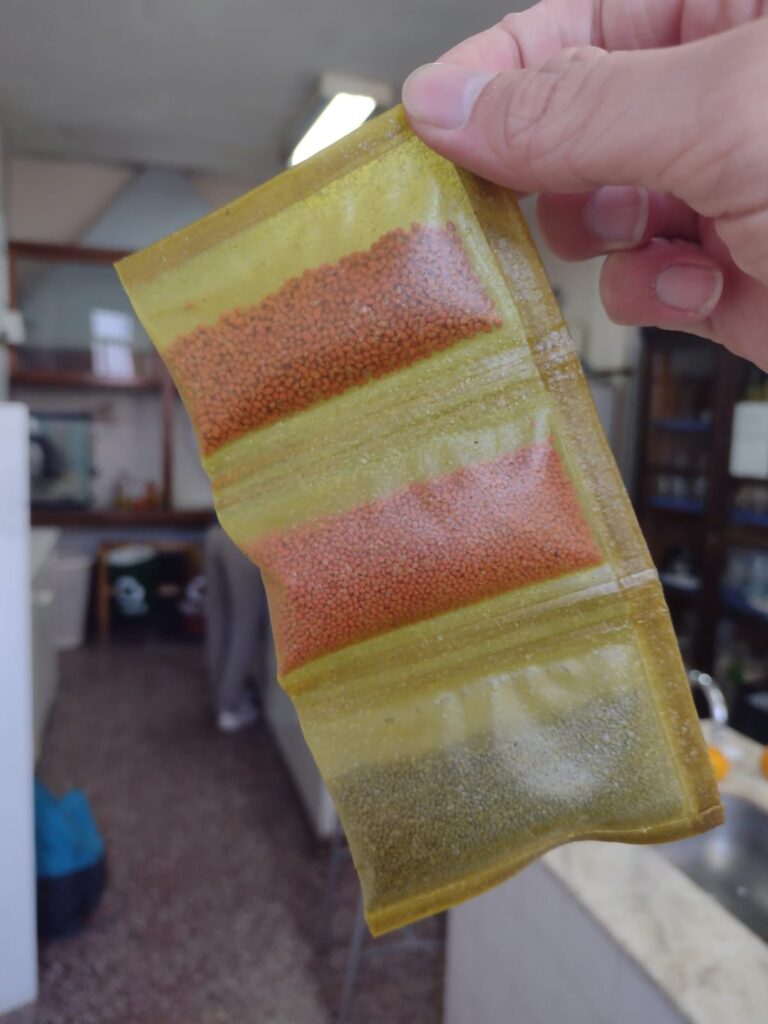
Currently in the final research phase, Citricplas is working to improve moisture resistance and elasticity without compromising biodegradability. The project has seen an investment of over US$1,000 so far.
Alejandro and Valentín: The Entrepreneurs Behind Citricplas
The venture originated as a sixth-year school project during the pandemic. Initial research focused on using cigarette butt cellulose but was discarded for not meeting sustainability goals. Inspired by international projects, Fravoli and Unchalo became pioneers of citrus-based biodegradable plastics in Argentina.
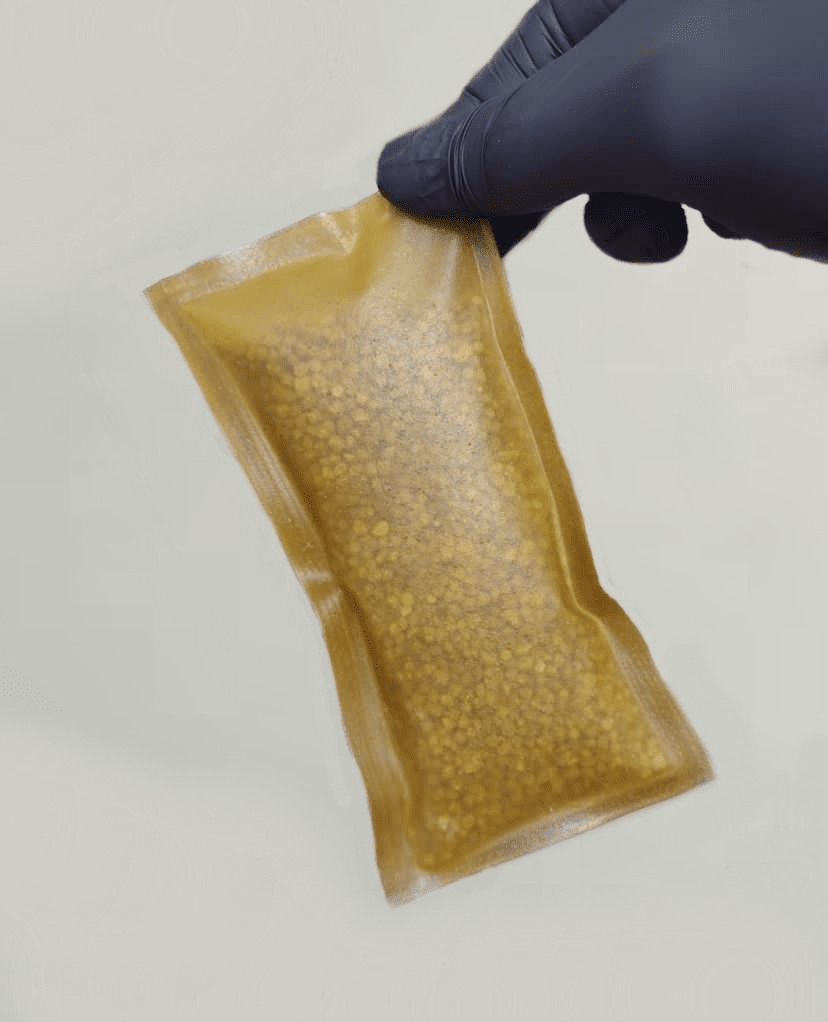
Alejandro, already an entrepreneur owning a bakery and grocery store, partners with Valentín, an Environmental Diagnosis and Management student who transformed his backyard into a laboratory. They dream of large-scale production and replacing conventional plastics across various industries.
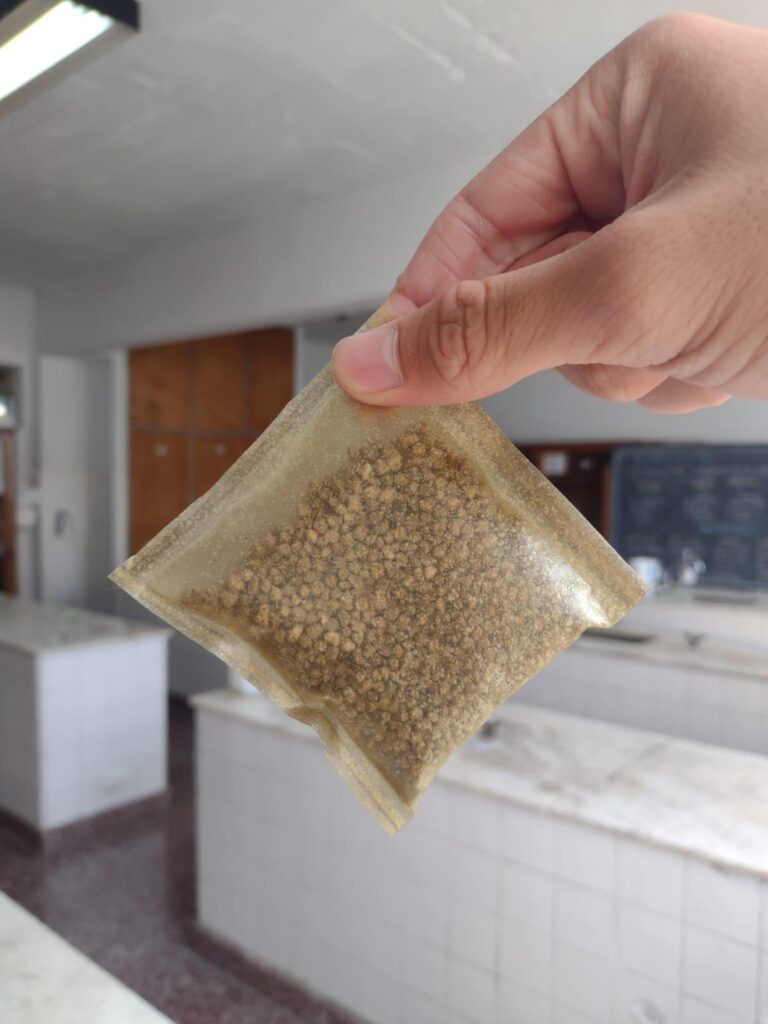
The young innovators conduct awareness campaigns in schools and communities, aiming to change perceptions about plastic use in Argentina. They’ve garnered interest from companies looking to buy their biodegradable bags.
Similar Posts
Innovating a New Sustainable Model
Citricplas represents a shift from the “produce, consume, dispose” model to “produce, consume, reuse.” The creators hope to eventually offer bags that consumers can fill with any contents and return to the earth, completing the cycle of “starting on the ground and ending on the ground.”
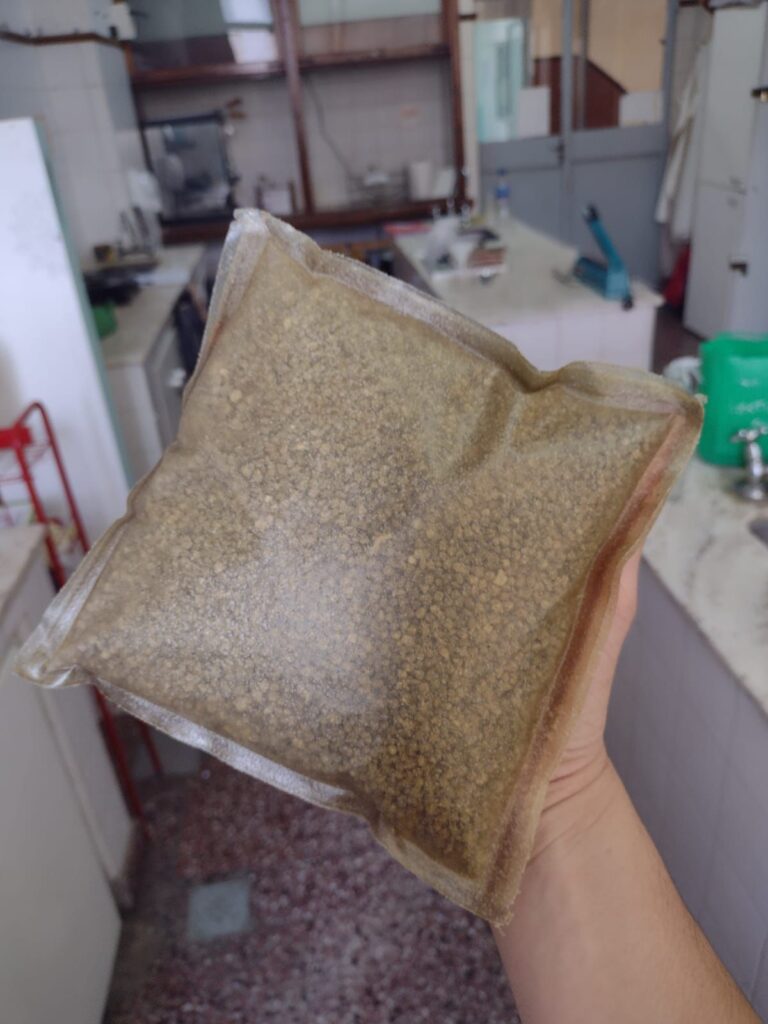
This project, born from a school initiative and developed during pandemic restrictions, showcases how young entrepreneurs can transform challenges into innovative, environmentally conscious solutions.
